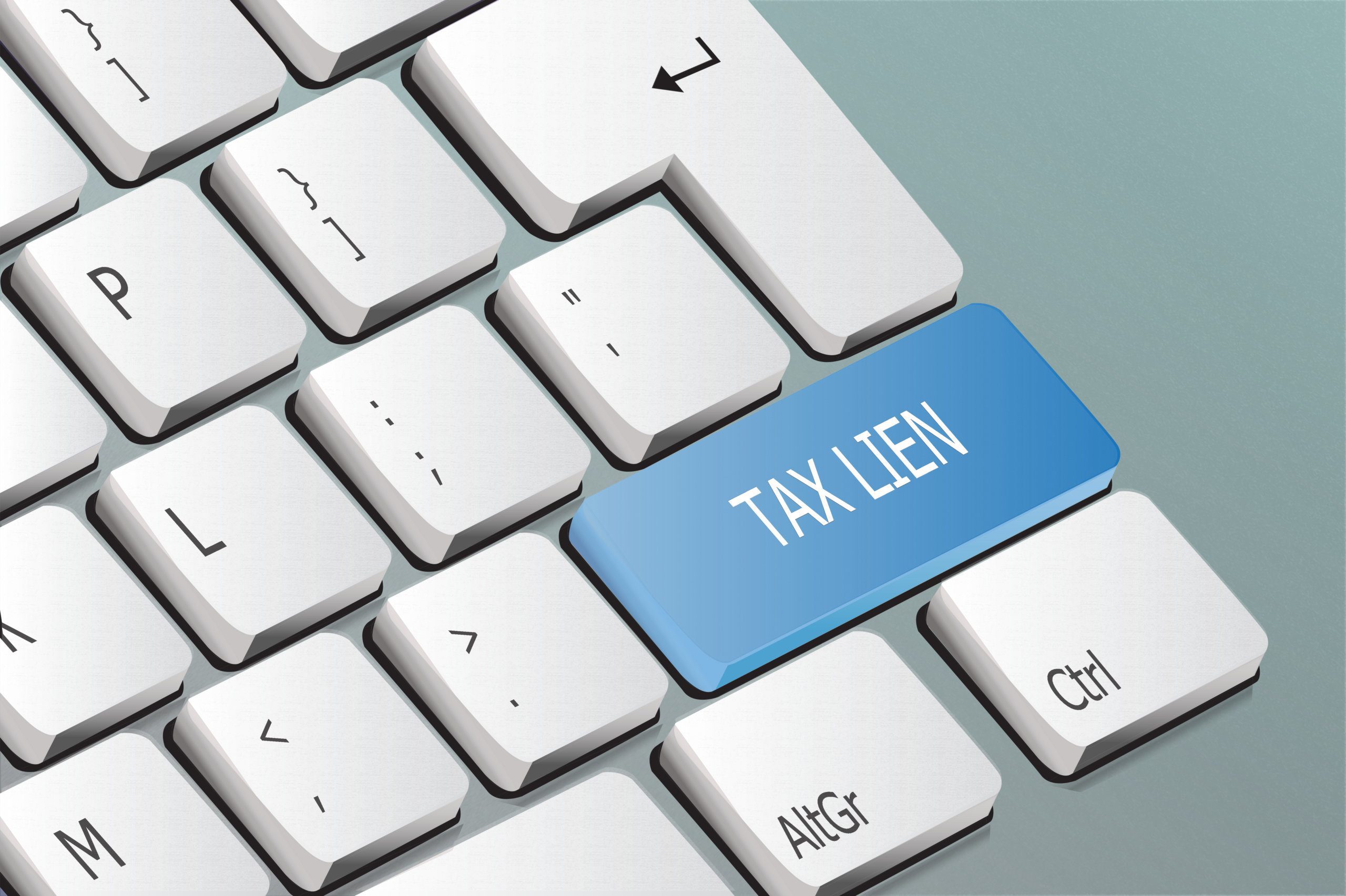If you filed your tax return but have failed to pay your taxes, in all likelihood the IRS has filed a tax lien against your property. A federal tax lien is a claim by the IRS against your assets and is used to secure payment of unpaid taxes. The agency generally files a document called a Notice of Federal Tax Lien at the local courthouse where you live or work.
The Notice of Federal Tax Lien can be filed after you fail to respond, with full payment or a request for another arrangement, to the IRS’s first demand letter seeking payment of your unpaid taxes. The lien notice is an alert to creditors that the government has legal rights to your property. With the filing, a lien attaches to all of your assets, including real estate, cars, bank accounts, securities, and anything else you own as well as any property acquired while the lien is in effect.
Lien vs. Levies
A federal tax lien is different from a levy. While a lien is a claim to your property to secure payment, meaning any proceeds from a sale would first go to pay off your tax debt, a levy is an actual legal seizure of your assets to satisfy debt. With a levy, the IRS can seize your bank accounts, house, and any other assets or garnish your wages in order to fulfill your tax debt.
Before levying your property, the IRS generally sends three or four demands for payment, which if unanswered result in the agency sending its Final Notice of Intent to Levy. The agency will then send you a third-party notice alerting you that it may be contacting third parties about asset seizure, such as your bank to seize accounts or your employer to garnish wages.
Preventing a Lien
The simplest way to avoid a tax lien is to pay your taxes in full upon receipt of the IRS’s first demand letter. If you cannot pay your taxes, don’t just ignore the IRS. Reach out to the agency about other arrangements such as an installment agreement, through which you can make monthly payments.
If you have unpaid tax debt, the onus is on you, the taxpayer, to contact the IRS. Other than sending notices and demands, the IRS will not contact you requesting to set up any kind of payment plan or other arrangement.
How a Lien Affects You
In addition to attaching to all your assets, a lien can affect your credit. The IRS does not notify the three major credit bureaus of a lien, nor do any of the bureaus include tax liens on credit reports. Lenders, however, often still search public records for tax liens. A lien against your property could affect your ability to qualify for a new credit card or secure a loan.
Removing a Lien
The IRS will remove a tax lien if it was issued in error, you pay your tax balance in full, or the debt is satisfied through another arrangement, such as an offer in compromise which lowers the overall amount owed.
There are two processes for removing a tax lien:
- Withdrawing a federal tax lien – a withdrawal applies if the lien was issued in error or prematurely. With a withdrawal, it’s as if the lien never existed.
- Releasing a federal tax lien – this applies if a taxpayer has paid off the debt or entered into a payment agreement, releasing the lien will facilitate collection of the tax, or releasing the lien is in the best interest of the taxpayer and the government. Liens are generally released within 30 days of any of these events.
Under the IRS Commissioner’s 2011 Fresh Start Initiative, taxpayers might be eligible for release under certain other conditions. For example, you might qualify to have a lien released if your tax debt is $25,000 or less and you are current on both filings and estimated payments.
Discharge of Property and Subordination
The IRS will also sometimes remove a lien from certain property, which is called discharge of property, or allow other creditors to move ahead of the IRS, otherwise known as subordination. You must apply to the IRS for both a discharge and subordination. If granted a discharge, you can sell or refinance the discharged property without it being encumbered by the tax lien. Subordination is often used by taxpayers who want to refinance or apply for a second mortgage on a home.
Have Tax Lien Questions? Call Tax Attorneys at Wiggam Law
If the IRS has placed a lien on your property, we can help. The experienced attorneys at Wiggam Law can evaluate your situation, recommend a course of action, and assist in negotiating with the IRS. Contact metro Atlanta’s top tax attorneys by clicking here or giving us a call at (404) 233-9800.


